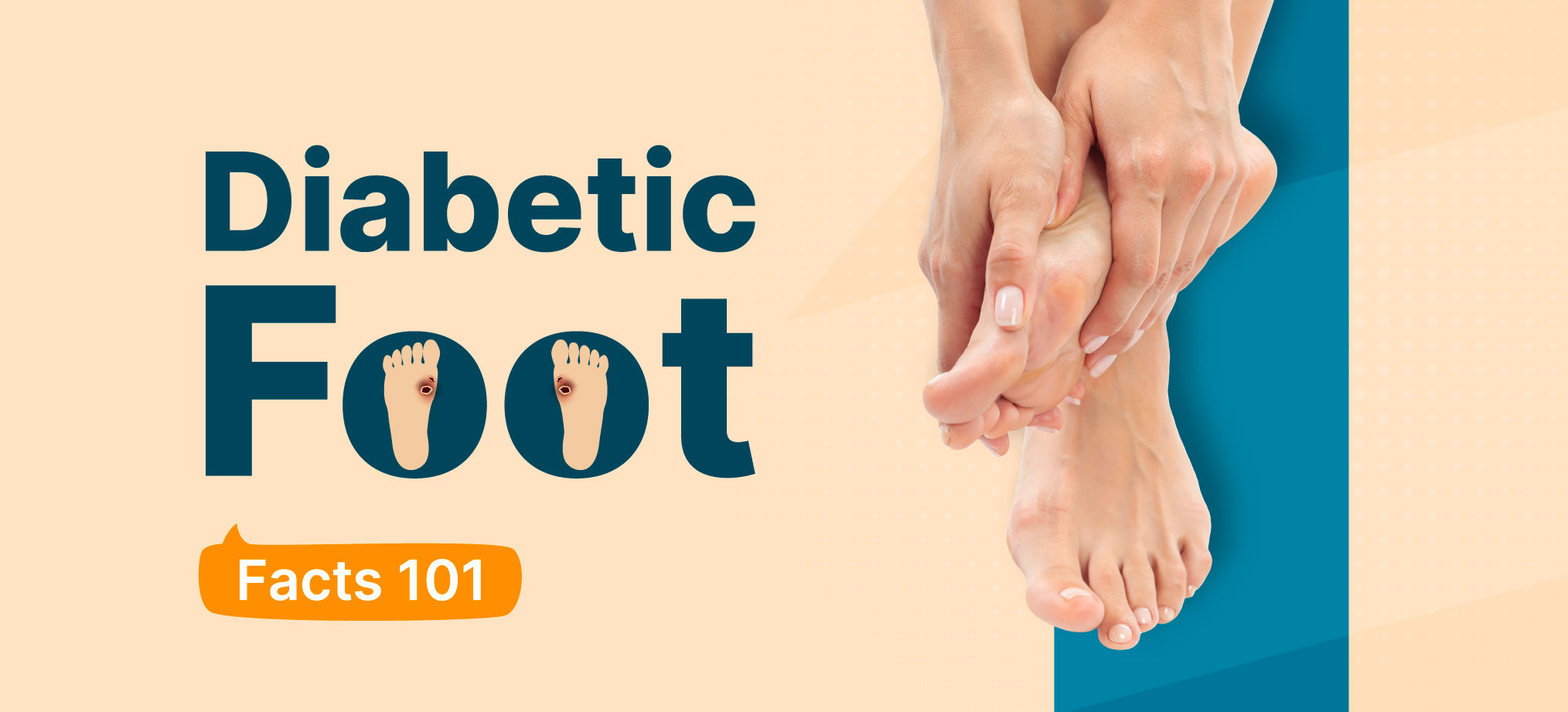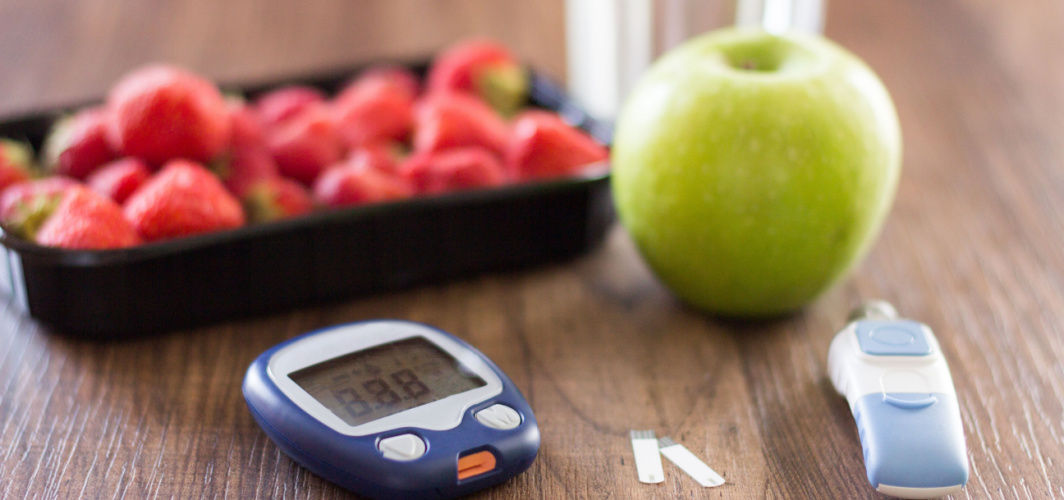Diabetes Management
Diabetes & Navratri: Exercises to Avoid During Fasting
2 min read
By Apollo 24|7, Published on - 23 October 2023, Updated on - 27 October 2023
Share this article
0
0 like

Navratri is a nine-day festival that is marked by fasting, prayers and celebrations. A lot of people observe fasting during this time. For individuals with diabetes, fasting requires extra attention and care. While exercising is beneficial for diabetes management, there are certain exercises that individuals with diabetes should avoid during Navratri fasting. Here are a few exercises you should avoid:
- High-Intensity Cardio
Intense cardiovascular exercises, such as running, high-intensity interval training (HIIT), and vigorous aerobics, can cause fluctuations in blood sugar levels. It's advisable to choose gentler exercises like brisk walking or yoga.
- Heavy Weightlifting
If you are fasting, you should refrain from heavy weightlifting as it can cause strain. This can be particularly risky if you're on the verge of hypoglycemia. Instead, opt for bodyweight exercises, resistance bands, or lighter weights. Focus on maintaining muscle tone rather than pushing your limits.
- Dehydrating Workouts
Dehydration can exacerbate the effects of fasting on blood sugar levels. Exercises that lead to excessive fluid loss, such as intense outdoor workouts, should be avoided. Dehydration can make you feel lightheaded and may lead to hypoglycemia. Stick to indoor, well-hydrated workouts and avoid excessive sweating.
- Prolonged Workouts
Extended exercise sessions can lead to hypoglycemia or weakness, which is not ideal during fasting. Keep your workouts short and focused. A 20-30 minute session can be just as effective as a longer one and is less likely to cause blood sugar issues.
- High-Impact Activities
High-impact exercises, like jumping, sprinting, or aerobics, can lead to discomfort, especially if you're fasting. Opt for low-impact exercises like swimming, cycling, or gentle dancing
- Exercising on an Empty Stomach
Fasting changes your metabolism and energy levels, and exercising on an empty stomach can lead to dizziness, weakness, or hypoglycemia. Plan your exercise sessions after consuming a light meal or fruit to ensure you have a steady source of energy.
Post-meal walks
Most people break their fast in the evening during Navratri. Try to do a 15-minute walk 30-45 minutes after eating especially if you have had a carbohydrate-rich meal. This will help prevent a very high after-meal sugar spike.
Conclusion
Remember that managing diabetes during fasting, coupled with exercise, requires careful monitoring. Always consult with your healthcare provider or a registered dietitian to create a plan that aligns with your dietary restrictions, diabetes management, and fitness goals. Monitoring your blood sugar levels before and after exercise is essential, as it will help you understand how your body responds to different activities. During fasting, prioritise your health, safety, and spiritual journey, and choose exercises that best support your well-being.
Diabetes Management
Consult Top Diabetologists
View AllLeave Comment
Recommended for you

Diabetes Management
Insulin Therapy: All You Need to Know
Insulin therapy is a treatment for diabetes that involves using insulin to regulate blood sugar levels. It is typically prescribed for people with type 1 diabetes and may also be recommended for those with type 2 diabetes who cannot control their blood sugar through other means like medications, diets and exercises.

Diabetes Management
Prevention Tips For Diabetes Foot Infection
In case of uncontrolled diabetes, high blood sugar levels can damage the blood vessels and nerves, resulting in poor blood circulation. This can increase the risk of foot ulcers and infections. The reduced blood flow and loss of sensation in the feet can make it difficult to detect injuries or infections, leading to delayed healing and potential complications.

Diabetes Management
Should Diabetics Fast in Navratri?
Fasting during Navratri can be a personal choice for individuals with diabetes, but it requires careful planning and consideration. Consulting with a healthcare provider is essential for creating a fasting plan tailored to your needs. Choosing low-carbohydrate, low-GI foods, staying hydrated, monitoring blood sugar levels, and being prepared for potential hypoglycemia are crucial aspects of successful fasting. If blood sugar levels become unmanageable or drop too low, breaking the fast is recommended. Listening to your body and prioritising health and safety are the keys to religious practices.
Subscribe
Sign up for our free Health Library Daily Newsletter
Get doctor-approved health tips, news, and more.
Visual Stories

8 Fruits That are Incredibly Healthy for Diabetes
Tap to continue exploring
Recommended for you

Diabetes Management
Insulin Therapy: All You Need to Know
Insulin therapy is a treatment for diabetes that involves using insulin to regulate blood sugar levels. It is typically prescribed for people with type 1 diabetes and may also be recommended for those with type 2 diabetes who cannot control their blood sugar through other means like medications, diets and exercises.

Diabetes Management
Prevention Tips For Diabetes Foot Infection
In case of uncontrolled diabetes, high blood sugar levels can damage the blood vessels and nerves, resulting in poor blood circulation. This can increase the risk of foot ulcers and infections. The reduced blood flow and loss of sensation in the feet can make it difficult to detect injuries or infections, leading to delayed healing and potential complications.

Diabetes Management
Should Diabetics Fast in Navratri?
Fasting during Navratri can be a personal choice for individuals with diabetes, but it requires careful planning and consideration. Consulting with a healthcare provider is essential for creating a fasting plan tailored to your needs. Choosing low-carbohydrate, low-GI foods, staying hydrated, monitoring blood sugar levels, and being prepared for potential hypoglycemia are crucial aspects of successful fasting. If blood sugar levels become unmanageable or drop too low, breaking the fast is recommended. Listening to your body and prioritising health and safety are the keys to religious practices.